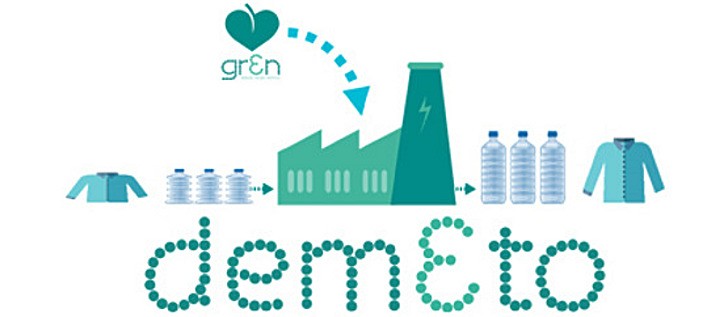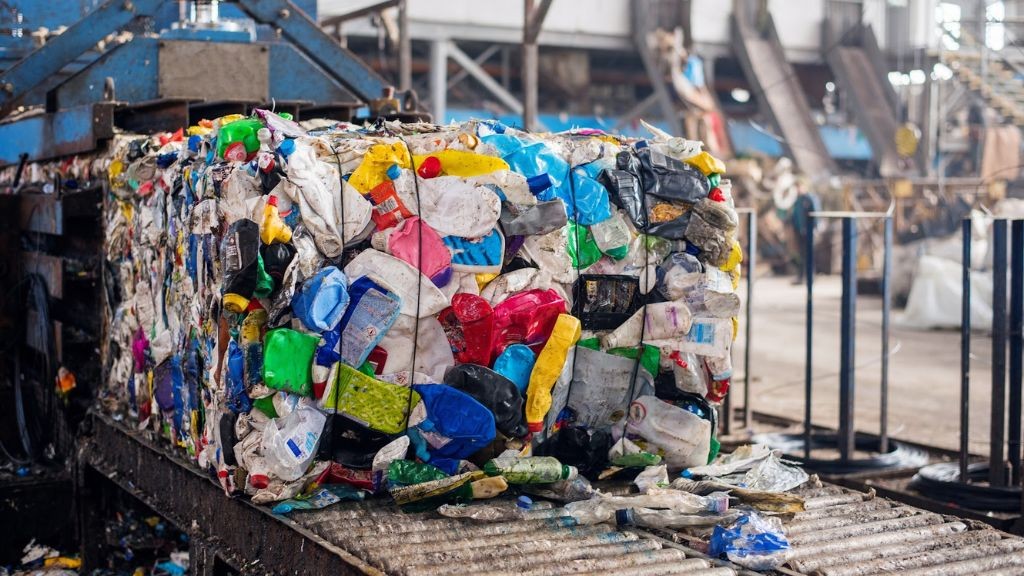DEMETO project aims at industrial-scale chemical de-polymerization of PET
Microwave-based process provides closed-loop potential for PET bottles, food containers and textiles

A recently launched European project on chemical recycling, DEMETO, aims at enabling chemical de-polymerization of PET, at industrial scale, using a microwave-based process. The project's focus, as a start, is on coloured plastic bottle waste.
During its kick-off event at the end of September in Brussels, the consortium welcomed around 60 experts from the PET packaging and polyester industry, and provided insight into the DEMETO project, its technical foundation, economical aspects and potential role in a circular economy.
The core technology of DEMETO, called Reactive Units, was invented by Switzerland-based company gr3n to enable an effective process intensification of the depolymerisation reaction (hydrolysis) of plastic, in bottles or any other source. The process intensification, using microwave radiation, leads plastic material back to its building blocks (Ethylene Glycol, EG, and Terephtalic Acid, PTA) and, consequently, allows for full recycled plastic re-introduction directly at the virgin-grade production stage. According to the company's involved in the DEMETO project, this process has the potential to provide an indefinite life to PET, as materials are not degraded, and paves the way for an efficient, large-scale circular economy for plastic products.
"DEMETO proposes the industrialisation and demonstration at full-scale of a new industrial process which allows us to chemically recycle PET bottles, food containers and even textiles in a highly profitable and environmentally sustainable way," explained Maurizio Crippa, CEO of gr3n, at the project kick-off event in September.
The business exploitation strategy of DEMETO is based on a synergistic relationship between two industrial stakeholders: gr3n, as the manufacturer of the Reactive Units, and Processi Innovativi, as the EPC contractor which builds the full-scale de-polymerisation plants. The project has received funding from the European Union's Horizon 2020 research and innovation programme. www.demeto.eu.
"DEMETO's technology, once successfully implemented, would allow us to close the recycling loop for PET, with a potential impact on environment and society at large that would be enormous, introducing the concept of full circular economy in the plastic domain," added Franco Cavadini, CTO of Synesis.


